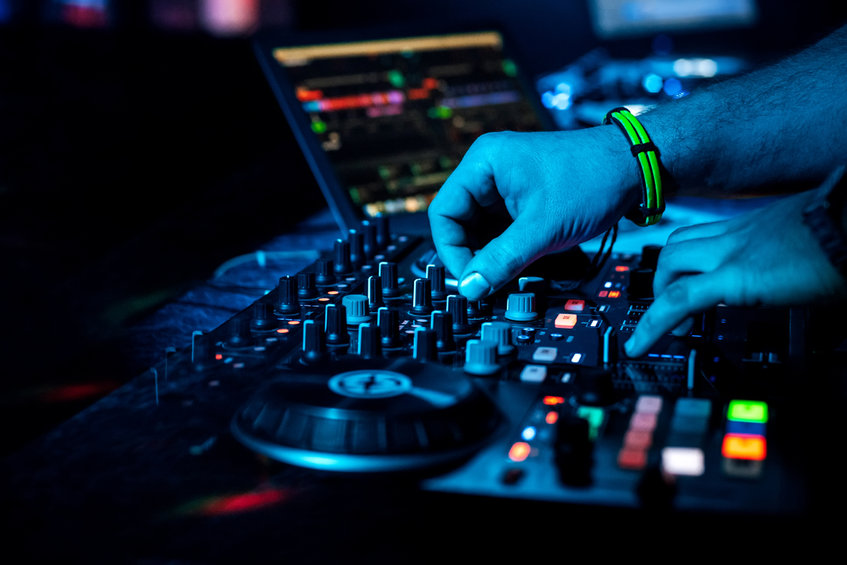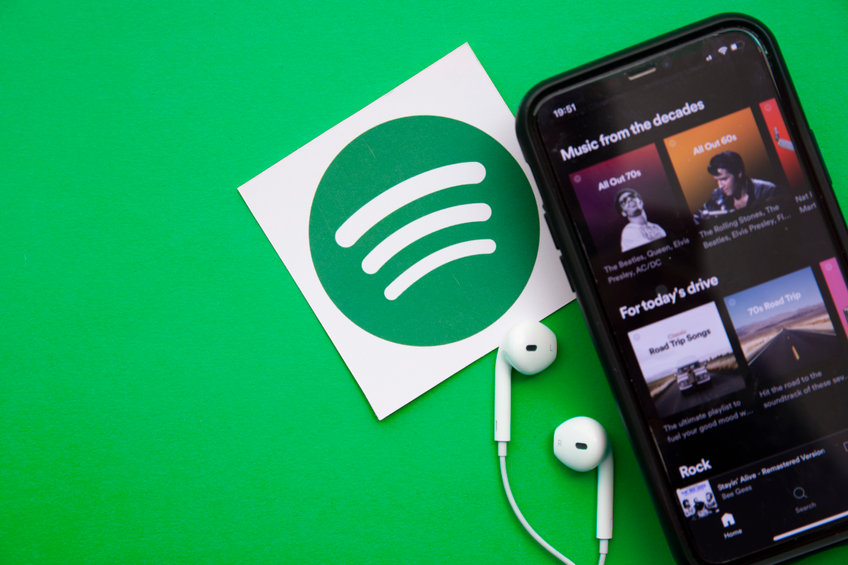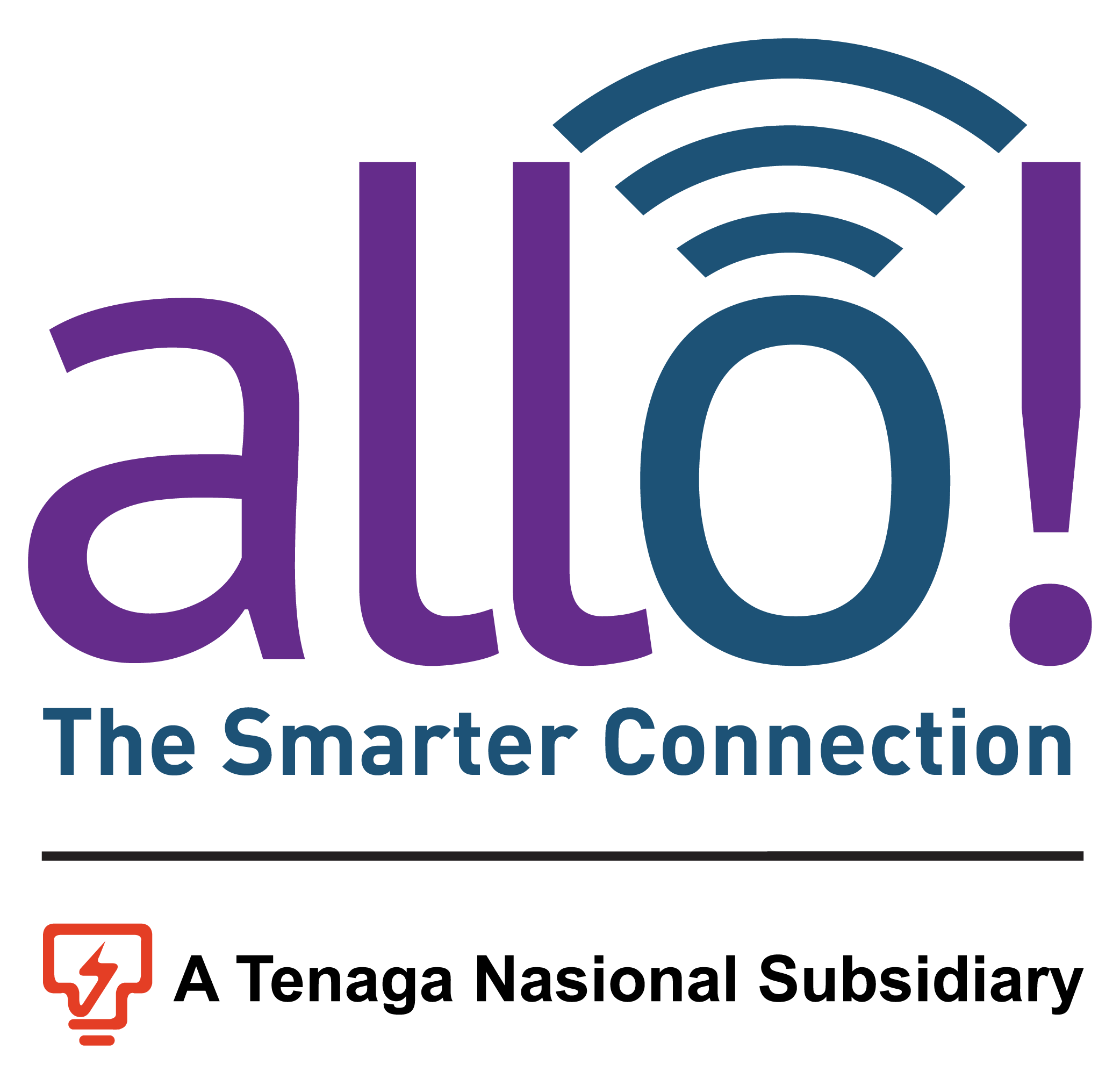BLOG
How Emerging Tech Is Changing the Music Industry

Before the age of boom boxes and music CD players like the Walkman, music consumption relied heavily on radio play. However, digital technology advancements led to significant shifts in many aspects of the music business.
Early digital recording technologies (software and hardware) made it cheaper to record and produce music, for starters. In addition, compact disks (CDs) improved the audio quality and reduced manufacturing, production, and distribution costs.
Companies like Napster utilised these early digital technologies to revolutionise music distribution and consumption. Napster used the internet to distribute music, allowing users to share and download music online. Unfortunately, it made pirating easier because offenders did not need to dub tapes or burn CDs. By 2017, the Global Piracy Report reported 73.9 billion visits to illegal music sites, representing a 14.7% growth.
Now people could download any music they wanted virtually using file-sharing platforms like Napster. As a result, the revenue from music plummeted, affecting large recording labels.
Soon after, paid digital distribution platforms like iTunes disrupted the industry again and monetised digital downloads. Later, streaming services like Spotify cropped up and revolutionised music consumption. However, revenues from music sales never returned to the levels before Napster.
Changes in Music Consumption Over the Years from Radio to Streaming
Connected vehicles connect to an external network like GPS, Bluetooth, an internal sim, a phone, or the internet. Owners can connect with their car and communicate with it when away, usually through a phone app. The connection enables several functions such as using in-car assistants like Amazon Alexa, connecting to the vehicle’s radio, starting the car remotely, and receiving traffic updates.
Current technologies powering connected vehicles include:
- GPS
- Central computer with a data processing system and a user interface
- Driver assistance sensors such as high-precision 360° vision technologies or advanced driver assistance system (ADAS)
- Wireless communication
Technology advancements such as 5G-enabled connections will make vehicles integrated, fully connected hubs. Therefore, vehicle-to-vehicle (V2V) connected technologies will enable communication between cars to share journey information like the speed limit, traffic, and road conditions.
Connected vehicles have many other benefits, including improved road safety, enhanced human experience, reduced emissions, and maximised fuel economy. They will also advance public transport through fleet management. Here, detailed operational information for rail and bus can optimise operations and performance and offer more sustainable mobility.

Online Streaming Platforms Empower Musicians to Reach Audiences at an Unprecedented Rate
Today, music professionals must learn the ins and outs of modern music technologies and the business to penetrate the Malaysian market successfully. Technology has changed how people create, produce, and distribute music worldwide. For example, composers can now make film scores remotely from their home studios, and musicians can use live streaming to perform their music for fans worldwide.
Additionally, songwriters now record albums and singles and release them on streaming and digital distribution platforms without landing and signing record deals.
However, the music industry’s evolution has not been entirely negative. While it hurt industry giants that ruled the markets for years, it levelled the playing field for smaller companies such as indie record labels.
Advancements in home recording software allow musicians to produce music at home, while distribution platforms enable them to sidestep larger industry-controlled channels.
Video streaming sites and social media platforms now enable artists to connect with fans directly and build an online following without needing costly PR campaigns.
Music businesses and independent musicians have had to creatively diversify their revenue streams to make up for lost record sales. For example, live music performances became an essential income source for performers, promoters, audio engineers, and other professionals in the sector.
However, after COVID-19 hit, musicians and producers started monetising live stream performances over social media platforms like Instagram, YouTube, and Facebook. They also set up paid access services and donation links.
Some recording artists and publishers also focused on placing their music in films, commercials, and TV shows to generate revenue from royalties and licensing.
Professionals who know different music technologies such as digital recording platforms, audio-visual programming software, and MIDI composition explored other booming opportunities like video-streaming using sites like Netflix. Others produce content for the video game industry.
How Blockchain Technology Can Help Musicians Receive Fair Payment
The music industry is now looking into how blockchain technology can help increase transparency, broaden access, and reduce costs. The rise of utility tokens aims to help create online communities that reward content creators and musicians fairly by cutting out centralised and market-dominant applications.
The projects aim to reward musicians in their native tokens that appreciate over time. These will see artists earn more from their music.
Many streaming services such as Tidal, Apple Music, and Spotify do not pay artists a lot of money from music streaming. Many lack a fixed pay-per-stream rate for paying artists their music royalties, while record labels earn fixed royalties. As a result, musicians have turned to live performances, merchandise sales, and branding opportunities to make money.
Like NFTs changed the art world, a fully-tokenised music economy will see musicians generate more income and royalties from their music.

The Future of Music: How Consumers Use Emerging Technology to Consume and Generate Music
Emerging technologies in the music sphere will improve how people consume music and produce it at home. For instance, AI music production platforms will completely disrupt the entire music industry. But, of course, these platforms already exist, such as Judedeck, which TikTok acquired in 2019.
However, it’s the development of Soundful that will revolutionise how consumers enjoy and produce music. The app will enable users to create music at the touch of a button. They will need to specify the type of music, genre, key, and tempo they want, and the app will do the rest. In addition, it will enable users to make an entire professional musical production at home.
Soundful will enable users to create entire, studio-quality music tracks and albums, amplify their gaming streams, and make viral-worthy YouTube or TikTok sounds. It targets the millions of online content producers looking for music to add to their videos. It will also inspire music producers to find new creative sounds.
How Connectivity Fits into the Picture
The digital era of music production and distribution led to a democratisation of the industry and improved the opportunities for different artists and professionals. It also allows people to consume their favourite music remotely without turning on the radio or going to a live concert. However, all this is only possible with reliable connectivity.
Now that you know how technology is changing the music industry, you must appreciate that internet accessibility is a priority for implementation. Hence, Allo Technology’s commitment to providing reliable connectivity services allows Malaysian artists and consumers to enjoy music innovations conveniently. Contact us today to help connect you to the world.
